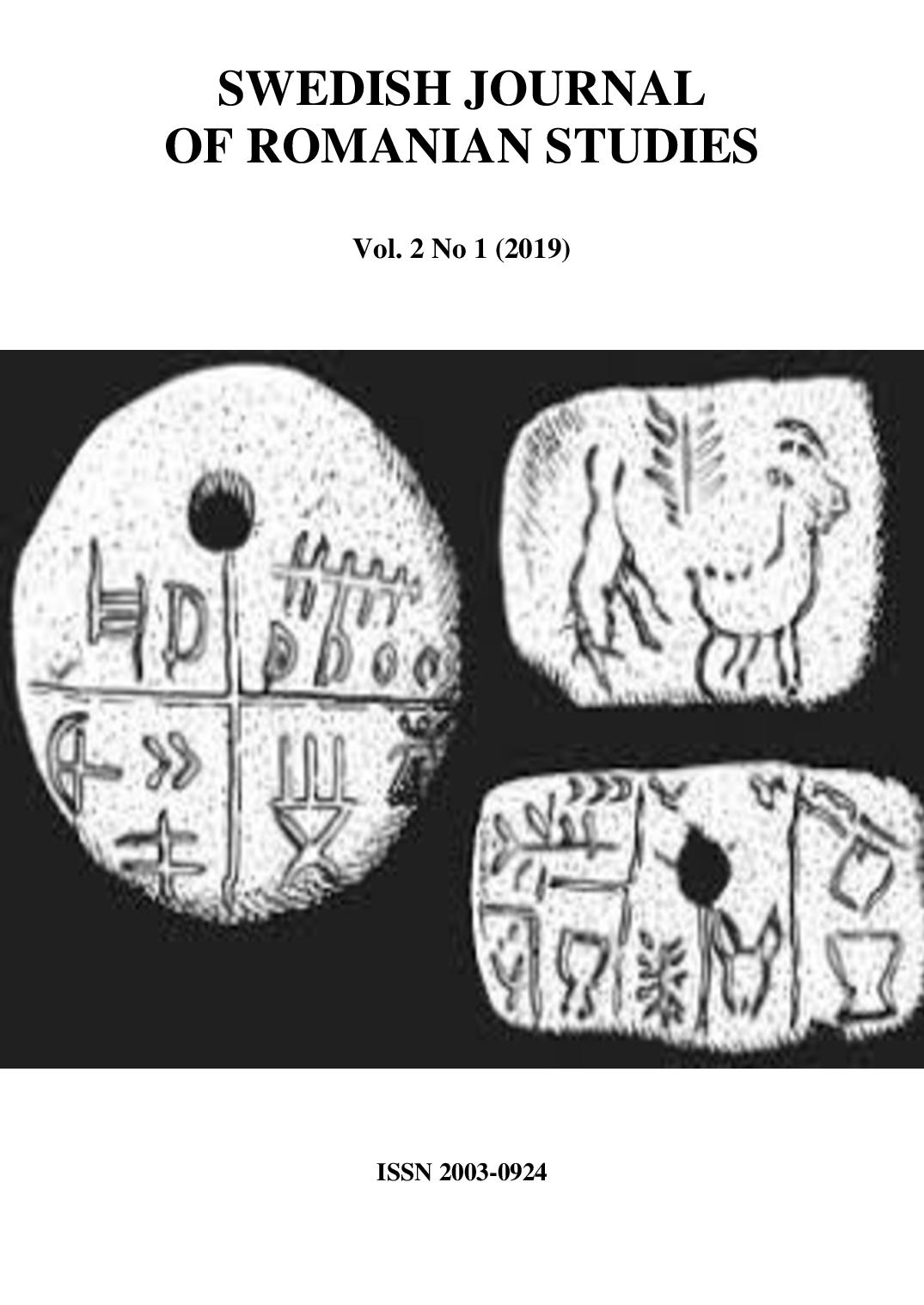Dacă nu mai există limitări de gen în arealul profesional, de ce ar mai exista ele în limbă? / If there are no gender limitations in the professional realm, why would they persist in language?
DOI:
https://doi.org/10.35824/sjrs.v2i1.18780Keywords:
gender linguistics, gender studies, usage, norm, feminine suffixes, equality of chancesAbstract
The historical evolution of languages has been more than once influenced by the sheer influence of scholars who re-channeled some linguistic phenomena or simply consecrated aspects of colloquial usage. This happened in the history of Romanian language when the Latinist scholars cleansed the lexicon and parts of morphology of various non-Latin borrowings and derivations whereas they revived or inserted Latin formations. Taking account of this, it would be hard to justify the rejection of many feminized denominations of professions used already by people in everyday conversations. With the advance of technology and with the support of the third wave of feminism women are able nowadays to embrace whatever professional field they may want. On the other hand, there are numerous international conventions that acknowledge the role played by women in the setting up of the postindustrial society. That is why my article is a plea in favor of a linguistic updating, namely the acceptance into the literary language of feminized denominations of professions.
References
Bidu-Vrănceanu, A., Călărașu, C. & al (2005). Dicționar de științe ale limbii / Dictionary of Language Sciences. Bucureşti, Editura Nemira.
Borza, I. (2006). Cartea neagră a egalităţii de şanse între femei şi bărbaţi în România / The Black Book of Opportunity Equality between Women and Men. Bucureşti, Editura AnA.
Bunduchi, I., Handrabura L. (2016). Echilibrul de gen în produsele mediatice (Gender Balance in Media Products), https://www.google.com/url?sa=t&rct=j&q=&esrc=s&source=web&cd=2&cad=rja&uact=8&ved=2ahUKEwj80PGVz4ngAhWKEVAKHbqHCvYQFjABegQICRAC&url=http%3A%2F%2Fapi.md%2Fupload%2FGhid_gender_2016.pdf&usg=AOvVaw3WTBus4EjVzEjfbcKxBNy9
Dragomirescu, A., Nicolae A. (2011). 101 greşeli de lexic si de semantică / 101 Mistakes of Lexic and Semantics. Editura Bucureşti, Humanitas.
Egalitatea de gen / Gender Equality, proiect Posdru /156/1.2/G/133630, https://www.google.com/url?sa=t&rct=j&q=&esrc=s&source=web&cd=1&ved=2ahUKEwiRIvyzYngAhWFbFAKHTkNDAgQFjAAegQICRAC&url=http%3A%2F%2Fdpus.uv.ro%2Fdocs%2FA6%2FA6.4_continut_egalitatea_de_gen.pdf&usg=AOvVaw3UvFfEa9TQzTBxaOqHexyM
Gruiţă, G. (2006). Moda lingvistică. Norma, uzul și abuzul / The Linguistic Fashion. Norm, Usage and Abuse. Piteşti, Editura Paralela 45.
Joiţa, R. (2016) Perspective comparative şi diacronice asupra limbii române / Comparative and Diachronic Perspectives on Romanian). Bucureşti, Editura Universităţii din Bucureşti.
Munteanu, C. (2018). „Când vorbitorul nu are dreptate. Câteva observaţii referitoare la <> limbii române” / ”When the speaker is wrong. A few observations referring to the ’masculinity’ of Romanian”. Philologica Jassyensia, an XIV, nr. 1 (27), pp. 97-106.
Popa, M., Popa, I. (2015). Limba română. Gramatică, fonetică, vocabular, ortografie şi ortoepie / Romanian. Grammar, Phonetics, Vocabulary, Ortography and Orthoepy. Bucureşti, Editura Niculescu.
Redeş, S. (2009). „Categoria genului în limba română şi în limba engleză. Studiu comparativ” / ”Gender category in Romanian and English. Comparative study”. Philologica Banatica, III (2), Editura Mirton, pp. 46-59.
Downloads
Published
How to Cite
Issue
Section
License
Copyright (c) 2019 Felix Narcis Nicolau

This work is licensed under a Creative Commons Attribution-NonCommercial 4.0 International License.
Authors who publish with this journal agree to the following terms:
a. Authors retain copyright and grant the journal right of first publication with the work simultaneously licensed under a Creative Commons Attribution-NonCommercial 4.0 International License that allows others to share the work with an acknowledgement of the work's authorship and initial publication in this journal.
b. Authors are able to enter into separate, additional contractual arrangements for the non-exclusive distribution of the journal's published version of the work (e.g., post it to an institutional repository or publish it in a book), with an acknowledgement of its initial publication in this journal.
c. Authors are permitted and encouraged to post their work online (e.g., in institutional repositories or on their website) prior to and during the submission process, as it can lead to productive exchanges, as well as earlier and greater citation of published work (See The Effect of Open Access).

